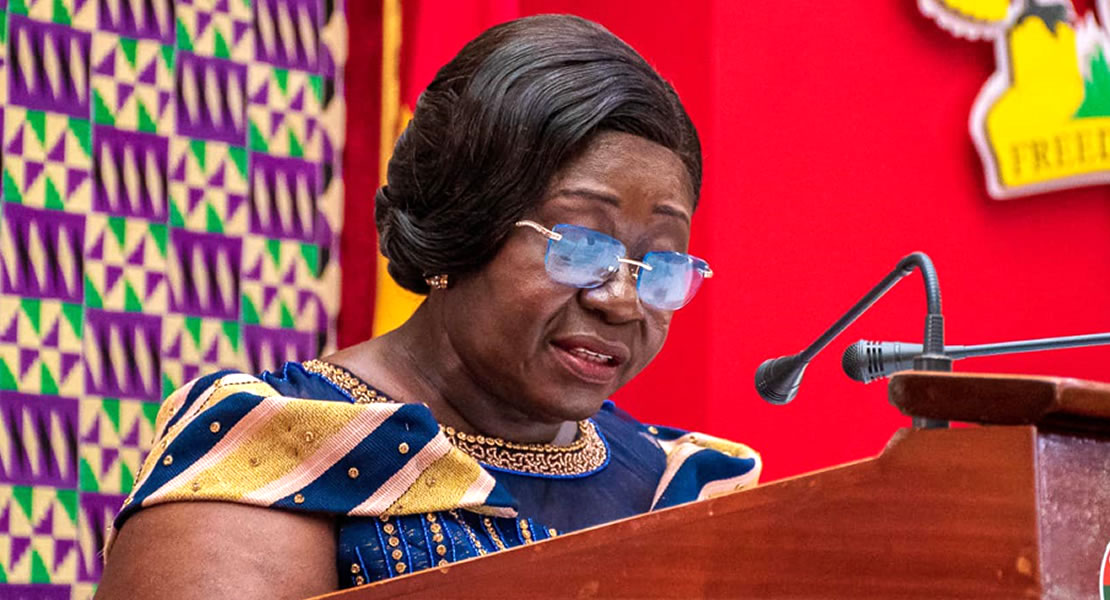Inter Parliamentary Union (IPU) has launched a new campaign – Parliaments for the Planet, designed to mobilize parliaments and parliamentarians to act on the climate emergency.
The campaign will encourage parliaments and those who work in them to lead by example, reduce their own carbon footprint and take concrete measures to implement the Paris Agreement on climate to limit global warming to 1.5 degrees Celsius.
The campaign consists of two parts. Part one encourages parliaments and parliamentarians themselves to become greener and decarbonize. To support them, the IPU has published a guide: 10 Actions for Greener Parliaments (and those who work in them).
The 10 actions include measures to make parliamentary work more sustainable, by, for example, tracking the emissions of the parliament itself and setting targets to reduce them; switching to renewable energy; implementing green procurement practices; and embracing digitalization.
Parliamentarians are encouraged to become climate champions by raising awareness among their constituents and working across party lines to accelerate green policies both within and outside parliament.
Part two of the campaign is designed to empower parliaments and parliamentarians to produce effective legislation on climate change, vote in the necessary budgets and scrutinize government action, especially progress on the Nationally Determined Contributions (NDCs) to implement the Paris Agreement.
The NDCs set out the efforts being made by each country to reduce national emissions and adapt to the impact of climate change.
The campaign will encourage parliaments to engage more closely with the processes of the UN Framework Convention on Climate Change, especially in the lead-up to COP28 in the United Arab Emirates in December 2023.
In parallel with the campaign, the IPU will serve as a platform to share good parliamentary practice on climate action by highlighting initiatives that parliaments and parliamentarians are taking to become greener, as well as examples of effective legislation.
Over 3,000 examples of climate laws and policies have already been gathered together in the climate change laws of the world database, produced by the London School of Economics’ Grantham Research Institute in partnership with the IPU.
The IPU works closely with UN organizations and technical partners to ensure parliamentarians have access to the latest scientific knowledge and solutions concerning climate change. The campaign is also supported by the Julie Ann Wrigley Global Futures Laboratory at Arizona State University.
To link in with the campaign, the 2023 Cremer-Passy Prize will be awarded to an MP or group of MPs who have made an outstanding contribution to climate action. The Prize is named after the IPU founders William Randall Cremer and Frédéric Passy, visionary parliamentarians from Great Britain and France, who convened the first meeting of the IPU in Paris in 1889.
The campaign was launched at the 146th IPU Assembly 146th IPU in Manama, Bahrain in front of hundreds of parliamentarians from some 130 countries.
Ghanamps.com/IPU
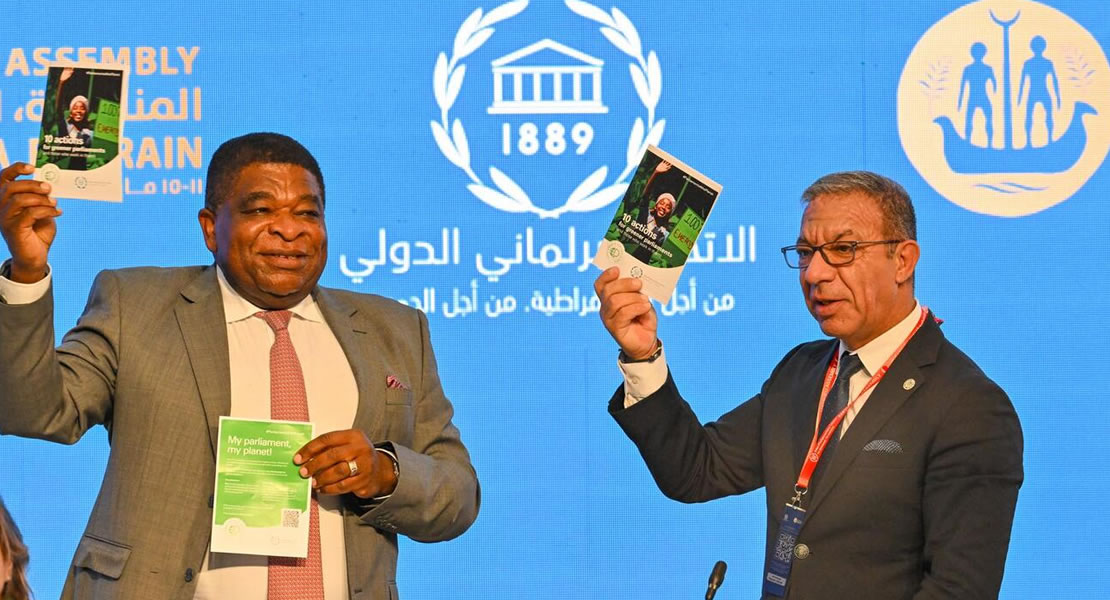
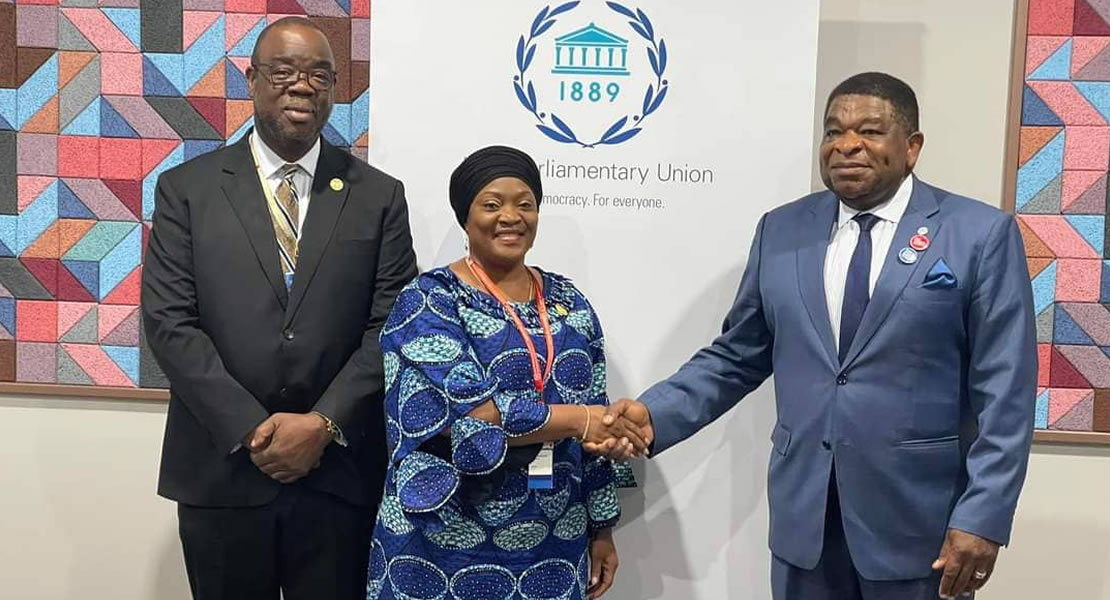
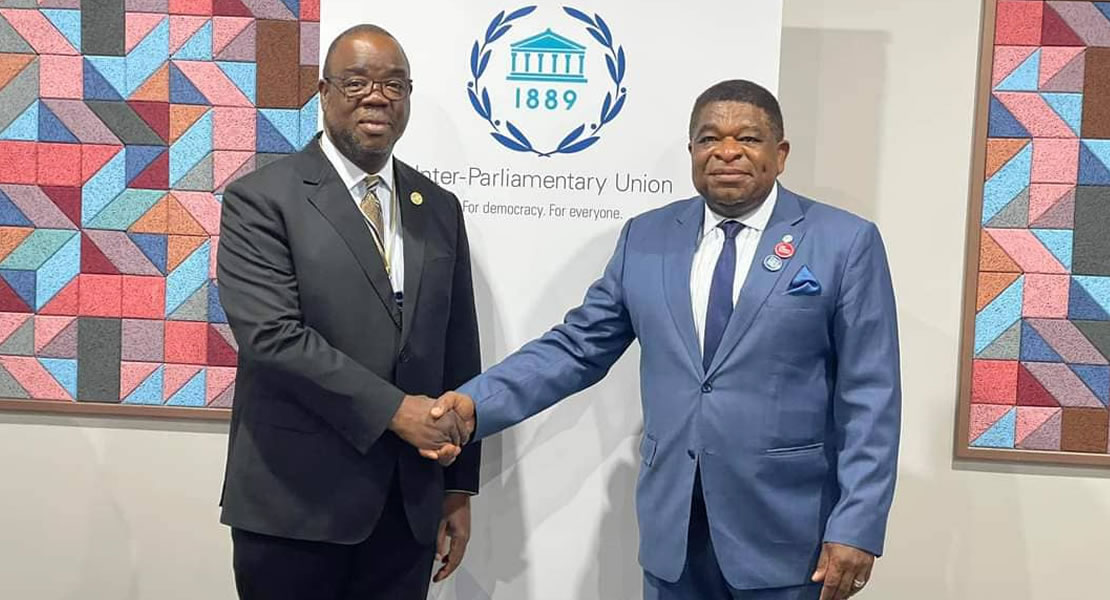 Liberia was one of the nine founding members of the IPU along with Belgium, Britain, Denmark, France, Hungary, Italy, Spain, and the United States of America.
Liberia was one of the nine founding members of the IPU along with Belgium, Britain, Denmark, France, Hungary, Italy, Spain, and the United States of America.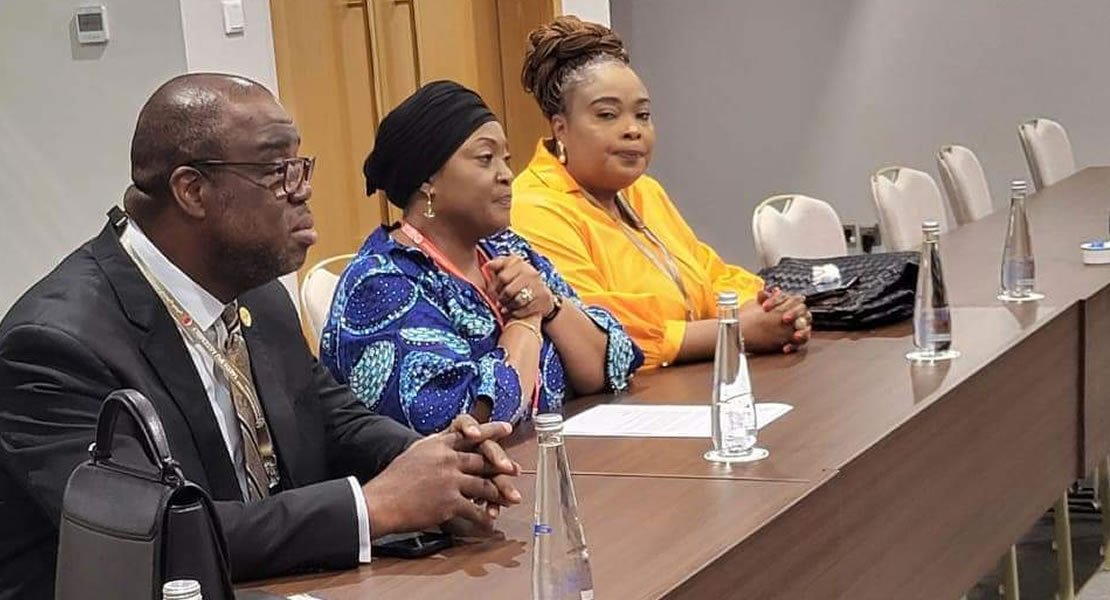 Ms. Jewel Howard-Taylor, President of the Senate, addressing the IPU Assembly, said “It is a humbling duty for me; on behalf of my nation Liberia and the Liberian Legislature; to accept the call for my Nation Liberia to return to the fold of the IPU; after a long absence.
Ms. Jewel Howard-Taylor, President of the Senate, addressing the IPU Assembly, said “It is a humbling duty for me; on behalf of my nation Liberia and the Liberian Legislature; to accept the call for my Nation Liberia to return to the fold of the IPU; after a long absence.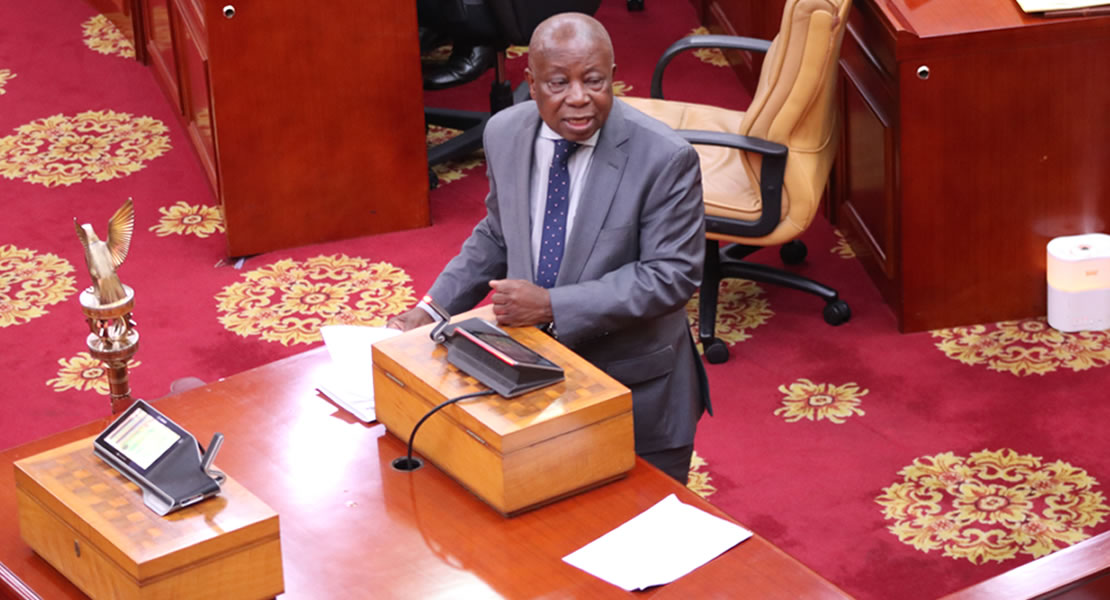
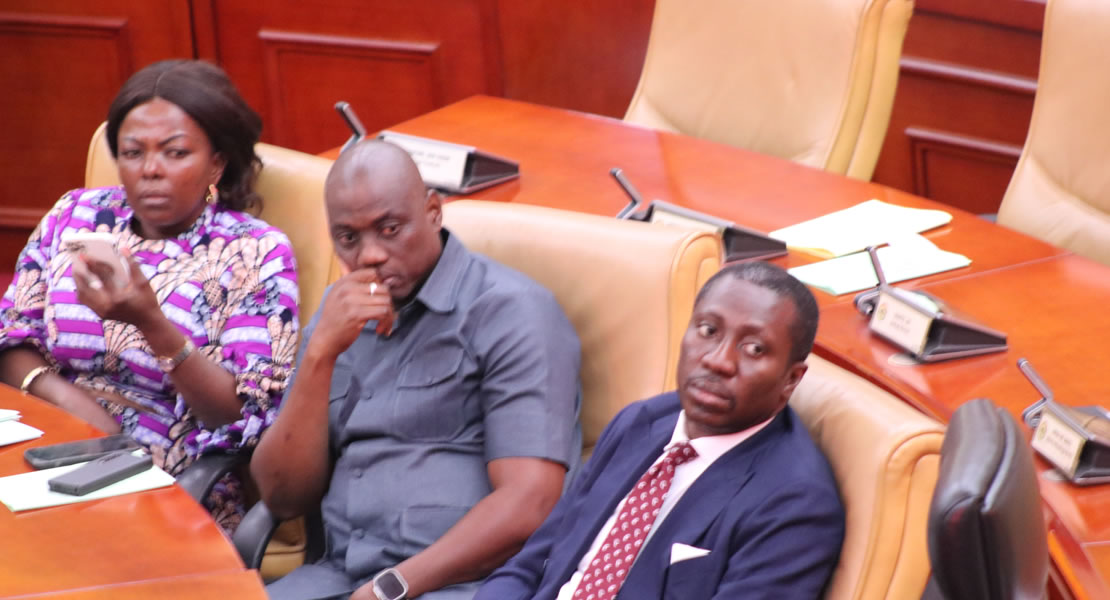 A district is said to be in an outbreak when there are two or more laboratory confirmed measles cases that are temporally related (with dates of rash onset occurring 7-21 days apart) and the cases are linked, he said.
A district is said to be in an outbreak when there are two or more laboratory confirmed measles cases that are temporally related (with dates of rash onset occurring 7-21 days apart) and the cases are linked, he said.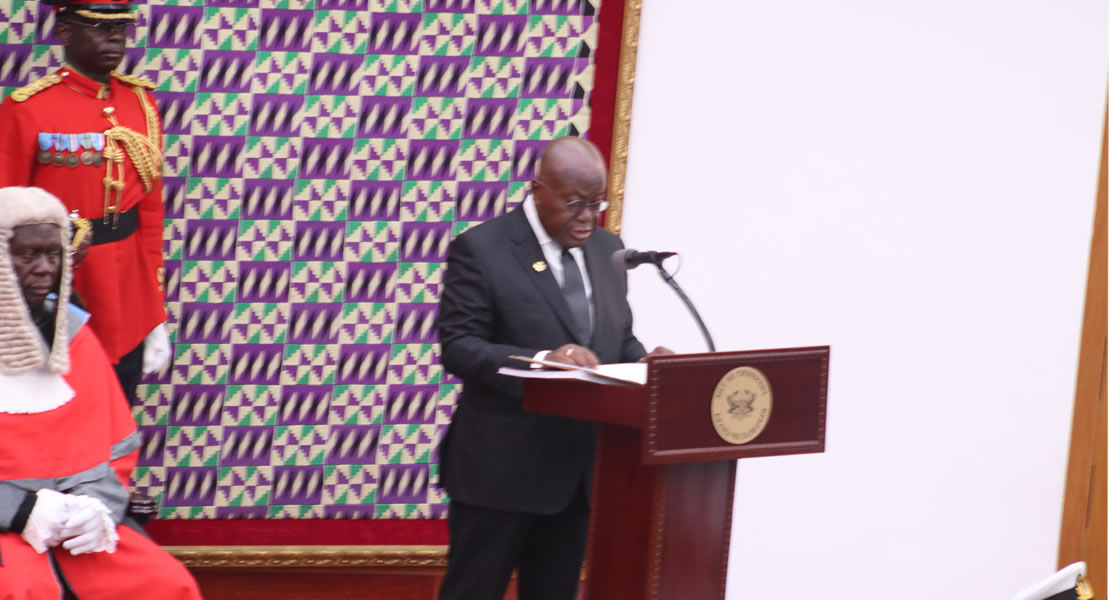
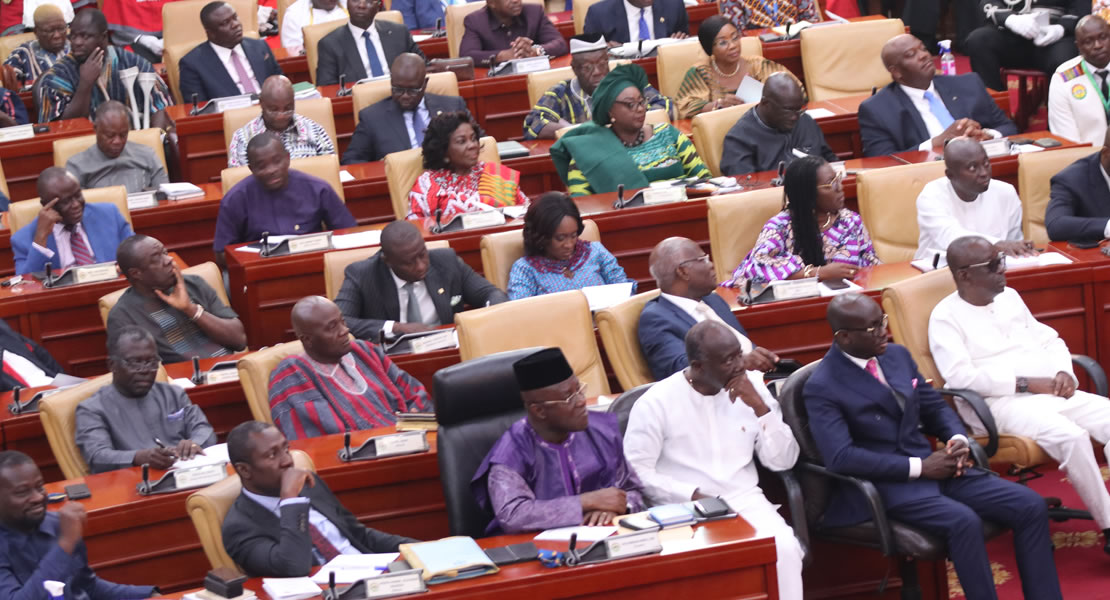 As at the time of writing this story, the media, security and staff members were set and ready to receive the president to the legislature to perform this constitutional duty.
As at the time of writing this story, the media, security and staff members were set and ready to receive the president to the legislature to perform this constitutional duty.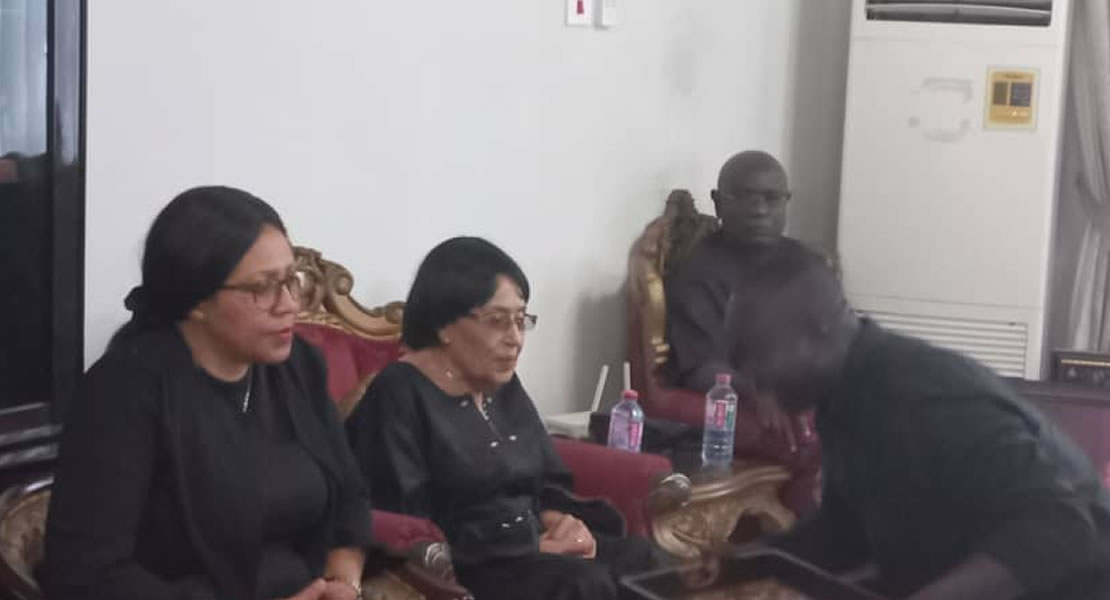
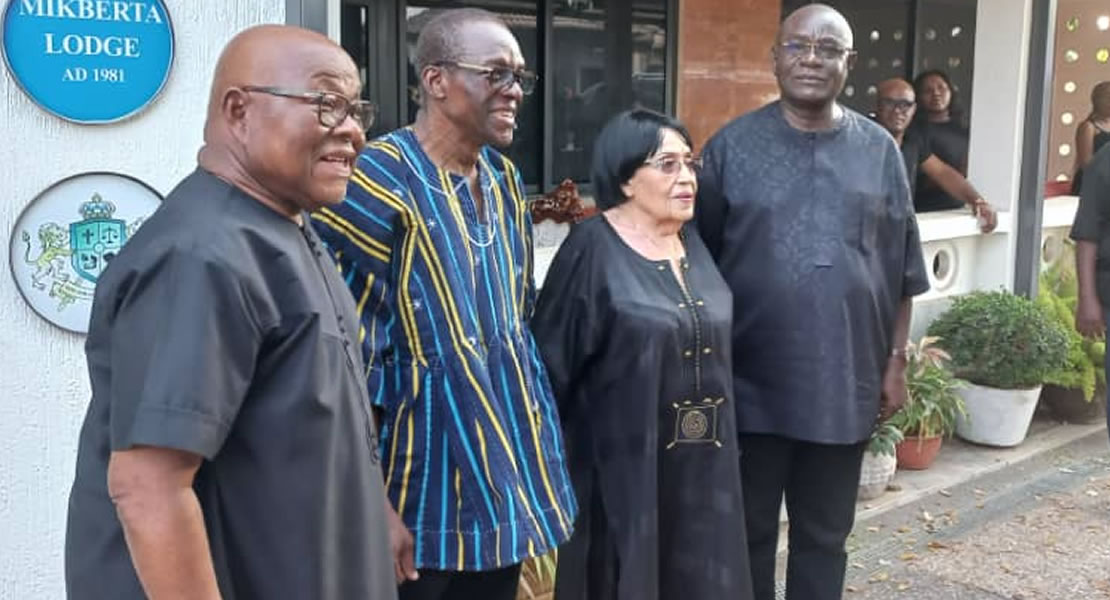 The former Speakers were Rt. Hon Joyce Adeline Bamford-Addo and Rt. Hon Edward Doe Adzaho who were later joined in by the current Speaker of Parliament Rt. Hon Alban Kingsford Sumana Bagbin.
The former Speakers were Rt. Hon Joyce Adeline Bamford-Addo and Rt. Hon Edward Doe Adzaho who were later joined in by the current Speaker of Parliament Rt. Hon Alban Kingsford Sumana Bagbin.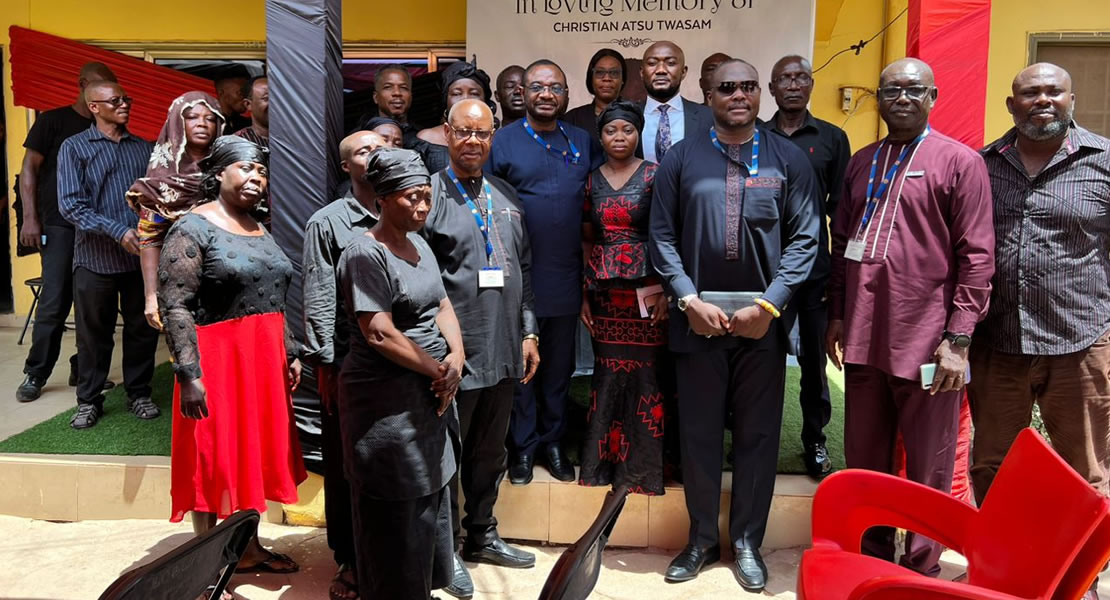
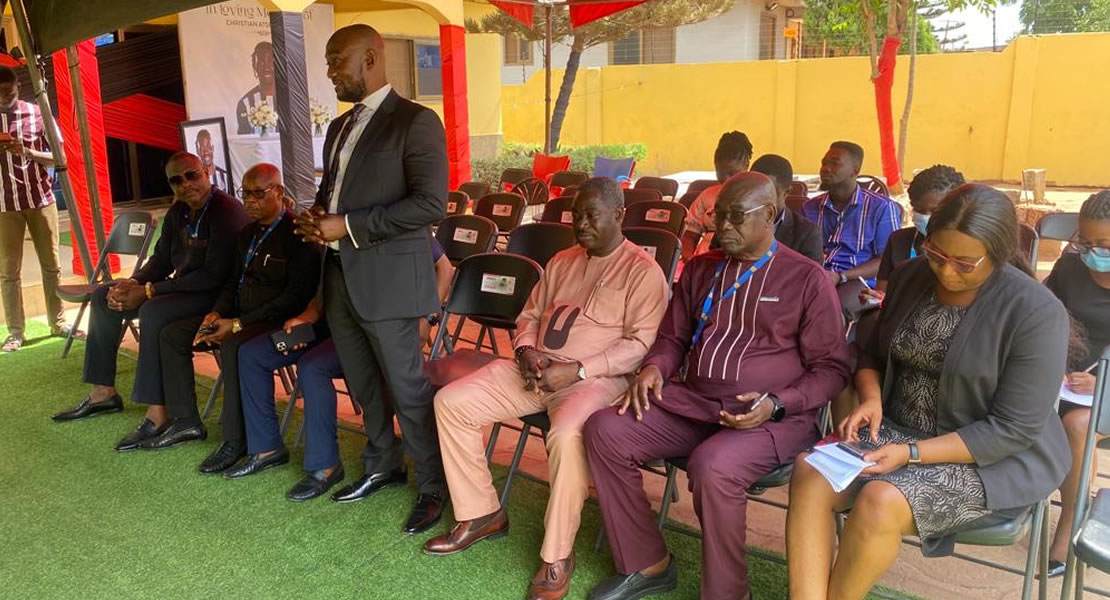 Chairman of the committee, Kwaku Agyenim-Boateng and Ranking Member of the Committee, Kobena Mensah Woyome signed the book of condolence on behalf of the delegation.
Chairman of the committee, Kwaku Agyenim-Boateng and Ranking Member of the Committee, Kobena Mensah Woyome signed the book of condolence on behalf of the delegation.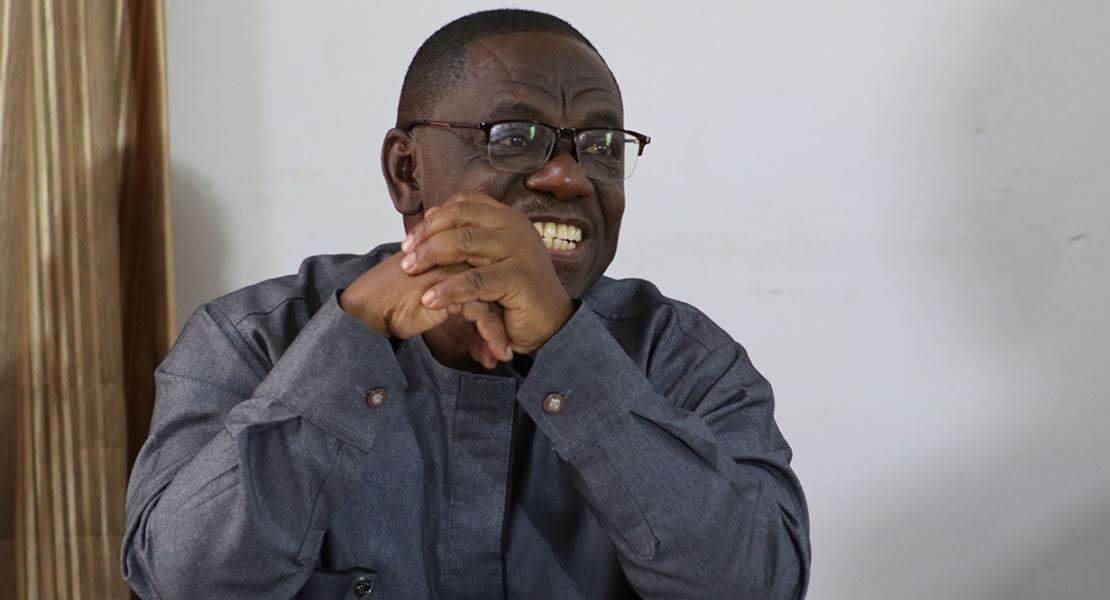
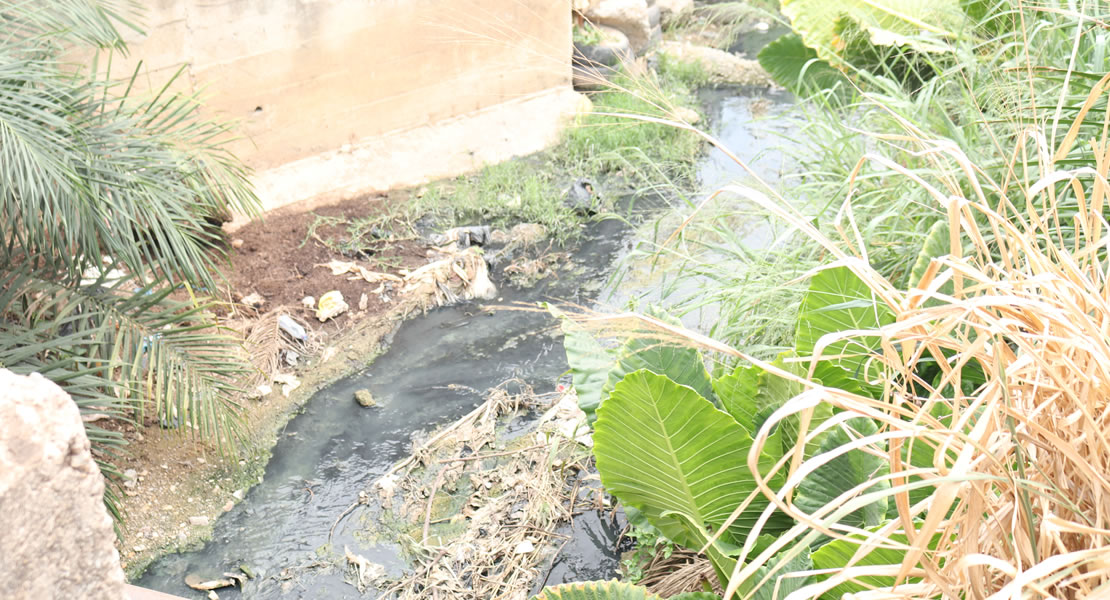 According to him as far as malaria elimination is concerned results can only be achieved if behavioral change communication is added otherwise we would not get results. “We need a bigger thing than what we are doing now and it is a truthful medical fact and base on scientific reasons”.
According to him as far as malaria elimination is concerned results can only be achieved if behavioral change communication is added otherwise we would not get results. “We need a bigger thing than what we are doing now and it is a truthful medical fact and base on scientific reasons”.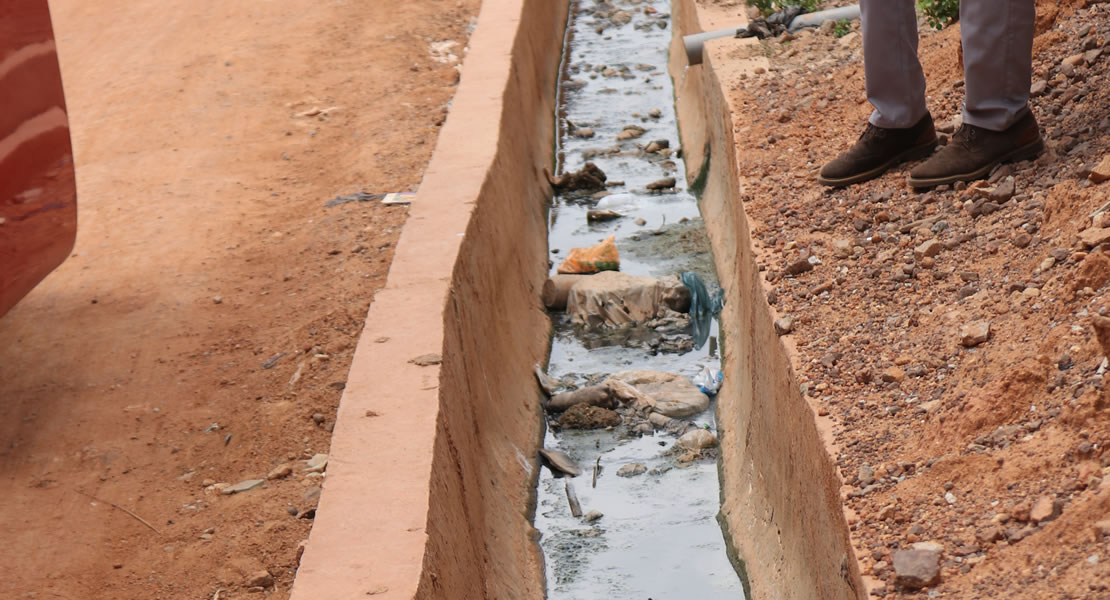 “We need to add on awareness creation, good education and behavioral change communication; people do not understand what we are doing and publicity on malaria issues is quite low, we need to tell the people that we have pushed in so much; this is what we want”, he told the Committee.
“We need to add on awareness creation, good education and behavioral change communication; people do not understand what we are doing and publicity on malaria issues is quite low, we need to tell the people that we have pushed in so much; this is what we want”, he told the Committee.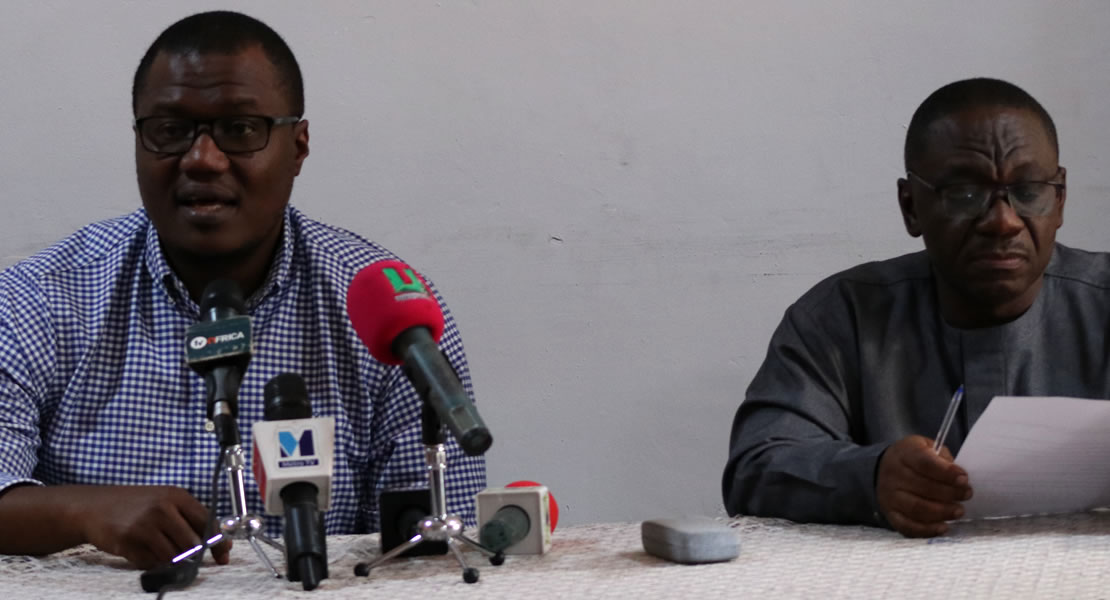
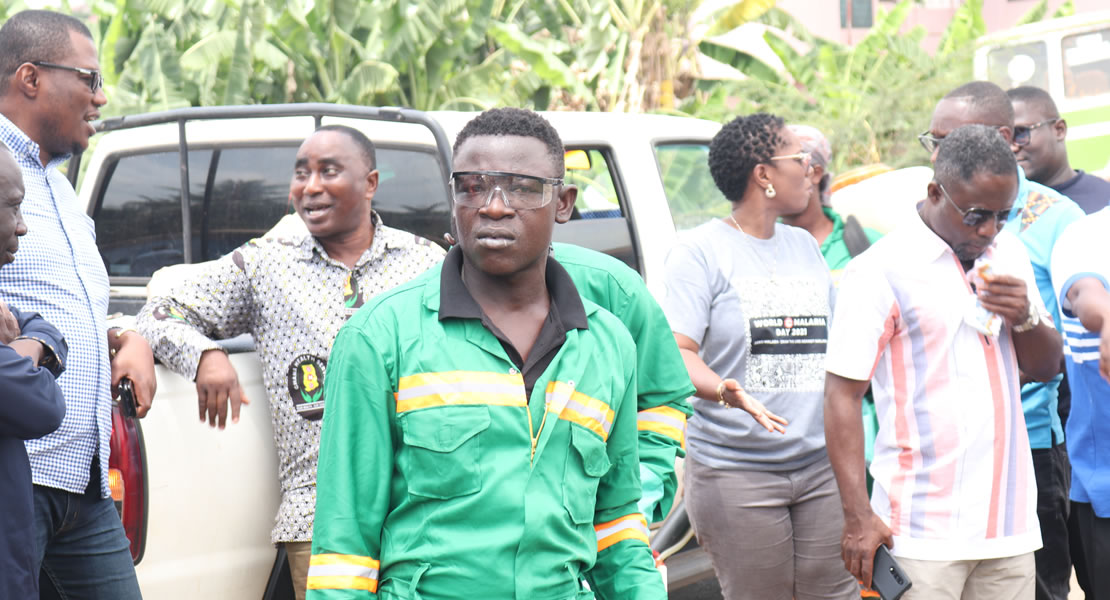 The first port of call was the Ashanti Regional Health Directorate where chairman of the Committee Dr. Ayew Afriyie noted that the trip is about reducing mosquito in our societies hence the need for them to play their oversight by visiting some districts, Old Tafo and Effiduase/Asokore.
The first port of call was the Ashanti Regional Health Directorate where chairman of the Committee Dr. Ayew Afriyie noted that the trip is about reducing mosquito in our societies hence the need for them to play their oversight by visiting some districts, Old Tafo and Effiduase/Asokore.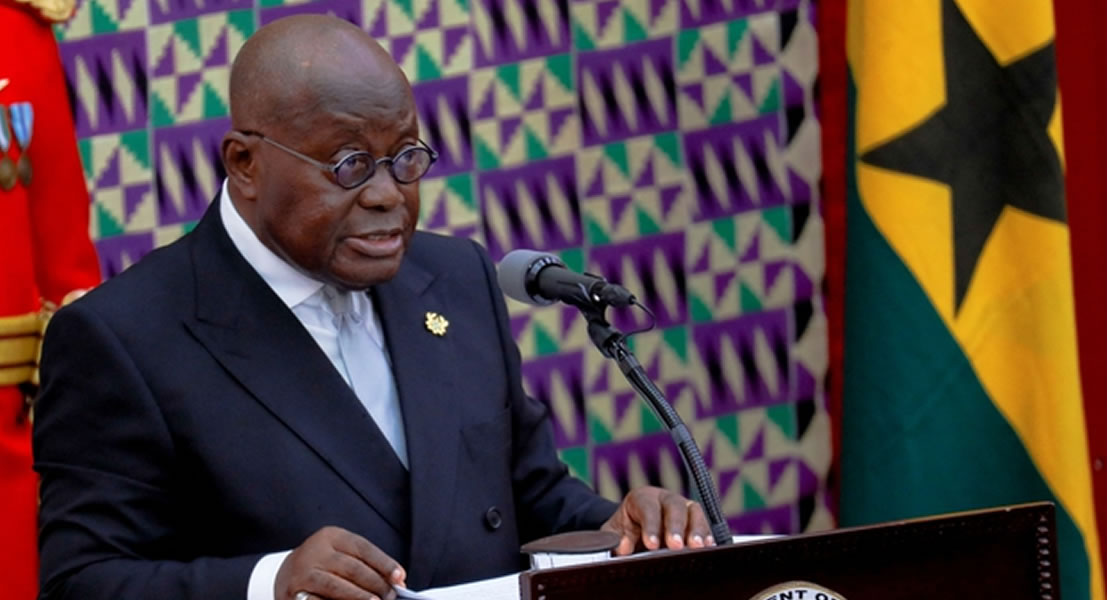
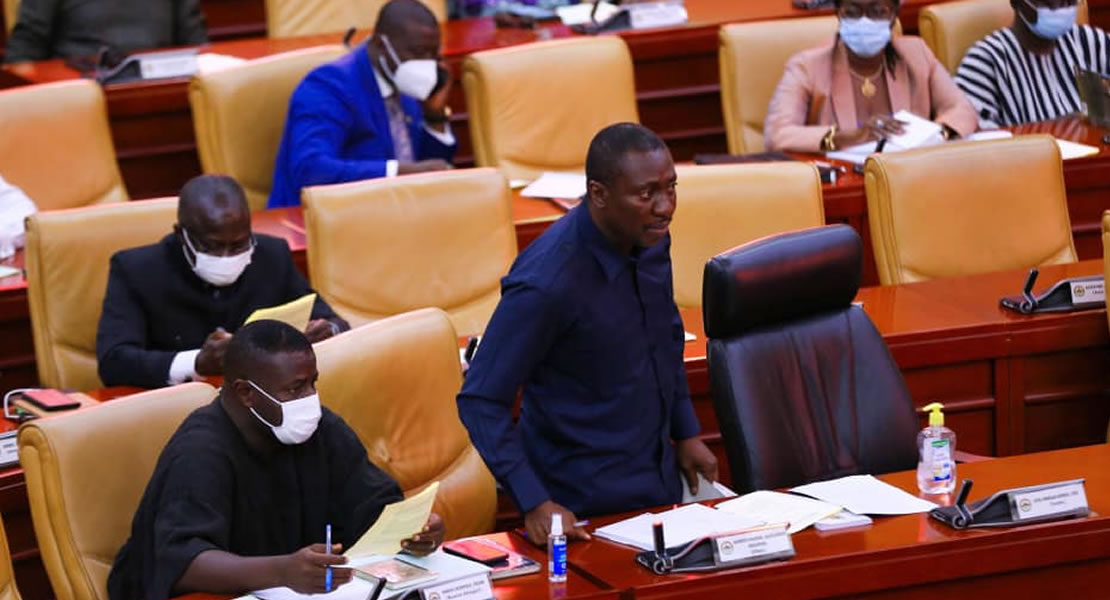 He drew the attention to his colleagues that the earlier anticipated February 28, 2023 announced could not hold due to unforeseen development.
He drew the attention to his colleagues that the earlier anticipated February 28, 2023 announced could not hold due to unforeseen development.